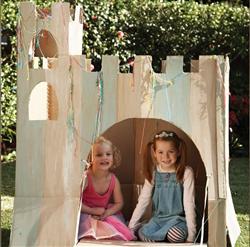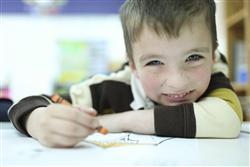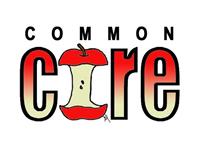Make It a Play Date!
By Stacy Leighton
“As soon as I saw you, I knew an adventure was going to happen.”
~ Winnie the Pooh
From the hallway I heard the boys launch the spinning top, it careened across the floor and promptly shattered against the wall. My son’s friend screamed, “You broke it!” Then it was silent. I peeked around the corner to see my boy’s small, still dimpled hands carefully gather the pieces and attempt to restore the toy. The friend continued to gripe and grumble. “It’s broken. You can’t fix it.” “I might,” my son whispered, his face contorted in concentration. “It’s never gonna work.” At long last my boy held it up in one hand and smiled. “It could.” And it did.
Hope, perseverance and ingenuity were just a few of the values at play here. I wanted to intervene. I could have, but important lessons were happening here. I bit my tongue. Many years later, my tongue may be calloused, but my children are wiser. One must never underestimate the value of life skills acquired only in the company of peers.
At recess I observed one of my kindergarten students approach a new friend. He asked if he wanted to play. The other child responded that he couldn’t play with him because he was white. My student seemed to ponder this for a moment then replied, “Oh. Do you want to play anyway?” To which the new friend exclaimed, “Yes!” And they did. Today they are young men in college and remain the best of friends. What did they learned that day? More than the best teacher could ever explain.
The pedagogy behind peer learning is rooted in cognitive psychology. John Dewey wrote (Democracy and Education, 1916), “Education is not an affair of ‘telling’ and being told, but an active and constructive process.” This gave rise to the constructivist theory expanded by Lev Vygotsky (“Zone of Proximal Learning” from Thought and Language), who believed children learn best through collaborative, meaningful, problem-solving scenarios, rather than instruction. Put simply, it is active and participative. In real-life terms, collaborative children gain more knowledge that they can own, than they will ever learn on their own.
Play dates provide for these unfettered educational experiences. Children learn to brainstorm new ideas, problem solve, take turns, and expand on one another’s ideas. In their play, they make connections between their imagination and their world. Want to test this theory? On the next rainy day, tell your children, “We are camping in today.” Provide a flashlight, sleeping bag, coffee table and a sheet. Sit back and watch those creative minds at work. Who doesn’t remember making tents or forts? Invariably they will want to gather more “supplies,” like snacks, books and stuffed animals. To a child, play is his/her work. Constructivists believe that the new ideas, values, communication skills and strategies children learn in one day of play would be too many to comprehend.
The science is sound and the theories are substantiated. However, I would suggest that the most important byproduct of your child’s play dates (or collaborative learning) is the “connection” they form with others. When we share enjoyable experiences with others, we feel a sense of belonging. This connectedness is as important in times of play as it is critical in times of stress. When we are connected to others, whether at work or play, we thrive.
This article has been reposted with permission from Forsyth Family magazine







